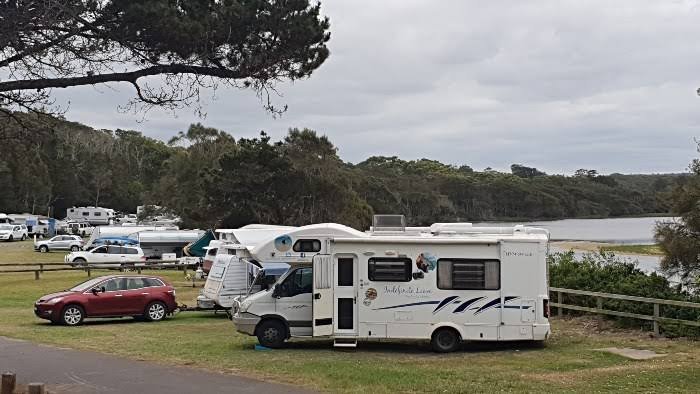Virunga National Park In Eastern Congo has found ways to put its natural resources to good use by engaging in cryptocurrency mining which is an increasingly popular method of obtaining digital assets such as Bitcoin (BTC), in order to mine the flagship decentralized finance (DeFi) token.
Specifically, the leadership of Virunga National Park, which was stricken by countless misfortunes over the years, leaving it in desperate need of funding to protect its forests and wildlife, has recognized Bitcoin mining as an ideal opportunity, as MIT Technology Review’s Adam Popescu reported on January 13.
According to the report, Africa’s oldest protected park and home to endangered mountain gorillas was affected by years of militia violence and pillaging, deforestation, pandemic lockdowns, diseases, and meager government assistance, but the plan has been set in motion to use its hydroelectric power for mining Bitcoin in a bid to recover and thrive.
As the park’s director, Emmanuel de Merode, explained:
“We built the power plant and figured we’d build the network gradually. (…) Then, we had to shut down tourism in 2018 because of kidnappings [by rebels]. Then, in 2019, we had to shut down tourism because of Ebola. And 2020—the rest is history with covid. For four years, all of our tourism revenue—it used to be 40% of park revenue—it collapsed. (…) It’s not something we expected, but we had to work out a solution.”
With this in mind, De Merode and his colleagues landed on the idea of buying $200,000 in Bitcoin rigs which would be powered by the park’s hydro-energy, providing the necessary profits, as well as a viable way to use this energy.
With the help of the crypto investor Sébastien Gouspillou, the park bought second-hand servers in early 2020 and got to building the world’s first known Bitcoin mine operated by a national park and running on clean energy.
Also Read: Exxon Mobil To Start Bitcoin/Crypto Mining In Nigeria.
The mine uses the power provided by the Luviro hydro-station, which is one of the park’s river-run hydro plants opened since 2013 (with a fourth one under construction), providing electricity for the Bitcoin mining operation with a low environmental impact – using the river’s constant flow rather than obstructing it with dams and reservoirs.
According to Michael Saylor, the co-founder of the investment firm MicroStrategy, Virunga’s model is “the ideal high-tech industry to put in a nation that has plenty of clean energy but isn’t able to export a product or produce a service with that energy.”
Peter Wall, the CEO of Argo Blockchain, which runs hydro-powered mines in Quebec, believes that the Virunga mine could, indeed, be profitable as it has all three things that are ultimately necessary to mine Bitcoin: “power, machines, capital.”
Discover more from DiutoCoinNews
Subscribe to get the latest posts sent to your email.











